Zhengzhou planting hami melon let xinjiang hami melon face what to save?
Greedy little sister visited the cantaloupe planting base of Zhengzhou Institute of Melon and Fruit Research of Zhangzhuang Chinese Academy of Sciences in Dazheng Town, Xinmi, Henan Province several times. After more than half a year of tracking and exploring the camp and several offline picking activities, the 18-degree sweet cantaloupe planted in Zhengzhou was indeed recognized by many cantaloupe eaters. Even friends in Xinjiang have to admit that the taste of 18-degree sweet cantaloupe is better than that of foreign sweet melons.

According to Gu, the doctoral supervisor of Zhengzhou Institute of melons and fruits of the Chinese Academy of Sciences, since 2012, the cultivation of cantaloupe has been promoted in Henan. From the beginning of hundreds of seedlings, a few mu of land the next year to hundreds of mu now, the momentum of development is particularly strong. Many enterprises and cooperative cities have participated. Therefore, it was previously thought that Henan is very suitable for growing cantaloupe, first, the soil is suitable, the soil in most places is sandy soil, and the second is that Henan climate is very suitable, with strong sunshine, high temperature and large temperature difference in May. Henan is originally a big province of watermelons, and the purpose of planting cantaloupe is to enrich the types of melon products.

When it comes to the fact that the cantaloupe grown in Zhengzhou is more delicious than the Xinjiang cantaloupe sold in Zhengzhou, Gu said: in theory, Xinjiang and Gansu are the most suitable for growing cantaloupe, where the climate is dry and the temperature difference is large. But don't forget that cantaloupes are transported to our mainland, if cars are transported from harvest to consumers for at least five days, taking into account the need for appropriate shelf life and no high temperature damage during transportation, then a large number of melons on the market in Xinjiang dare not be picked after full maturity, unless by air transport. Although Xinjiang has established that the central sugar content must reach 13% before it can be exported, the actual situation is difficult to regulate. Well, the cantaloupe we planted in Henan let it fully mature, with an average central sugar content of more than 15%, with as high as 20%. And close transportation, even to Shanghai, Beijing and other surrounding cities, one night passed, the night transport temperature is also low, can well protect the quality of melons.
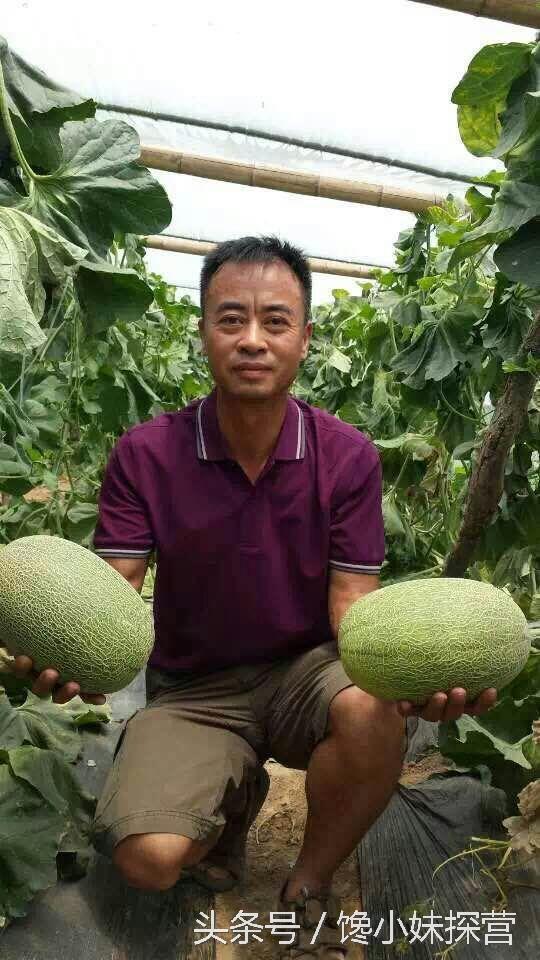
Therefore, we promote the cultivation of cantaloupe in Henan Province and actually develop "natural growth, full maturity, close transportation" to ensure that consumers eat fresh, crisp and sweet cantaloupe. Through several years of practice, it has been fully proved that this concept is right to produce high-quality cantaloupe. Natural growth means returning to traditional agriculture. in order to ensure full maturity, in addition to judging with the naked eye, we require the base to record the time of each melon, the time when the fruit is fully developed to mature, and harvest to determine the sugar content and taste before harvesting.
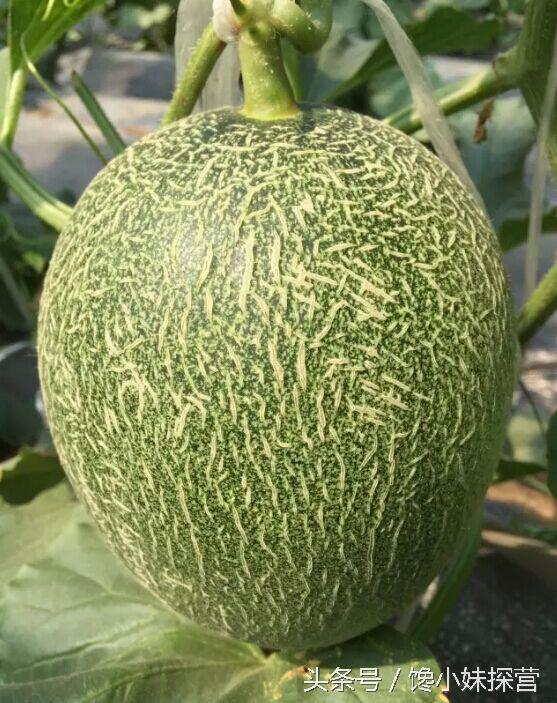
Mr. Gu: through the cantaloupe market consumption research we have provided over the past few years, generally speaking, we Chinese prefer sweet fruits, which is related to our overall consumer food structure. Westerners prefer sour fruit, but their dessert cakes are too sweet. The sweetness of watermelon is measured by special instruments. In general, the sugar content of high-quality watermelons is between 11% and 13%, while melons require more than 14%. The percentage is removed and expressed as 11-13 degrees, 14 degrees and so on is what we call sugar content.
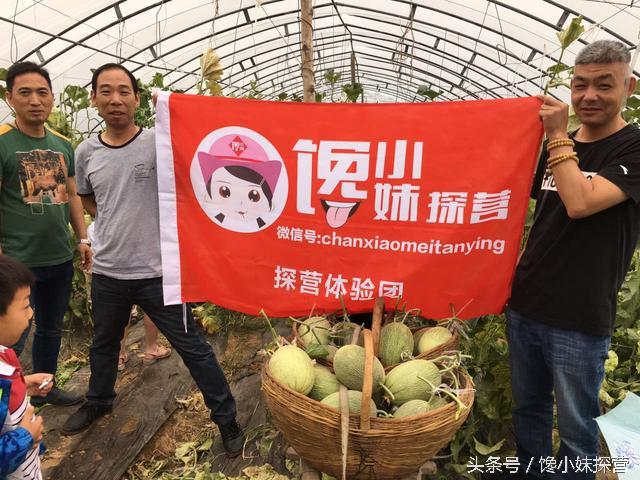
Mr. Gu: through several years of experimental practice, we have explored a whole set of cultivation techniques, which can be operated according to strict rules and easy to control the quality. When to plant, when to harvest, planting density, pruning and forking, water and fertilizer management are all strict requirements, we generally do not want individuals to join too much of their planting experience, a bit like the production process of industrial products. At the same time, it is very different from industrial products, because plants are living organisms, and if cantaloupe seedlings are uncomfortable in the process of growth, they will not bear melons well. Therefore, we require the base managers to pay all their painstaking care, especially the temperature and humidity management through the greenhouse to control, need to lift the greenhouse film and put down the greenhouse film control every morning and afternoon. The temperature difference in the greenhouse can reach more than 15 degrees Celsius during fruit development, which completely preserves the quality of cantaloupe. In addition, we require the application of farm manure and biological fertilizer. All this is to produce cantaloupe of superior quality.
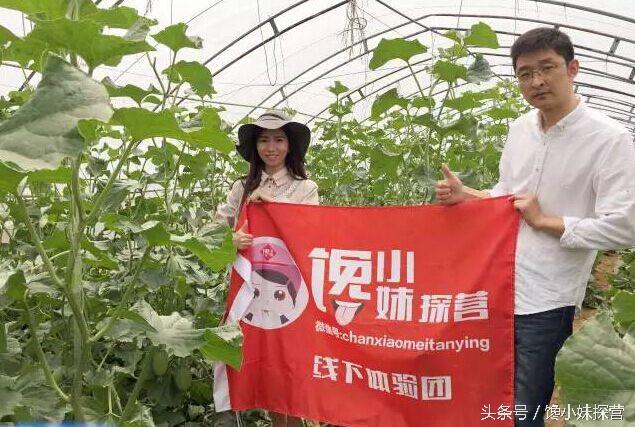
Gu teacher: from the source of the product to maturity is guaranteed, seeds are purchased through formal channels, from cultivation to planting process is guided by a professional technical team to ensure the safety of melons. For example, if the land conditions are not up to standard, melons and seedlings will die, diseases and pests will occur. If they are not well grasped in the middle stage, there will generally be no harvest if there are diseases. 18 degrees sweet cantaloupe is delicious, the core is the variety of cantaloupe, the variety planted here is: Xizhou honeydew melon 25, is the most delicious variety of cantaloupe, known as the "king of melons", formerly known as Xinjiang Turpan tribute melon! It has high sweetness, thick and fine meat, sweet and crisp, not only delicious, but also rich in nutrition and high medicinal value. Wechat search official account greedy little sister, participate in tasting the sweetest cantaloupe.
- Prev

Planting in this way, increasing production and income of camellia oil is no longer a difficult problem!
2017-12-01 Camellia oleifera star anise briefly describes the common cultivation techniques of Camellia oleifera for growers' reference.
- Next
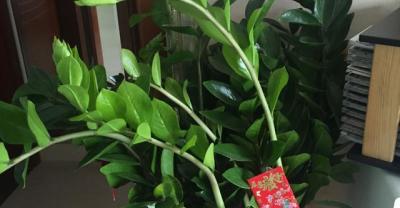
Control of common diseases and insect pests in planting honeysuckle in South China
Honeysuckle, also known as honeysuckle and honeysuckle, is a plant of honeysuckle family, which is distributed all over the country. Its flower is an important one.
Related
- Fuxing push coffee new agricultural production and marketing class: lack of small-scale processing plants
- Jujube rice field leisure farm deep ploughing Yilan for five years to create a space for organic food and play
- Nongyu Farm-A trial of organic papaya for brave women with advanced technology
- Four points for attention in the prevention and control of diseases and insect pests of edible fungi
- How to add nutrient solution to Edible Fungi
- Is there any good way to control edible fungus mites?
- Open Inoculation Technology of Edible Fungi
- Is there any clever way to use fertilizer for edible fungus in winter?
- What agents are used to kill the pathogens of edible fungi in the mushroom shed?
- Rapid drying of Edible Fungi

